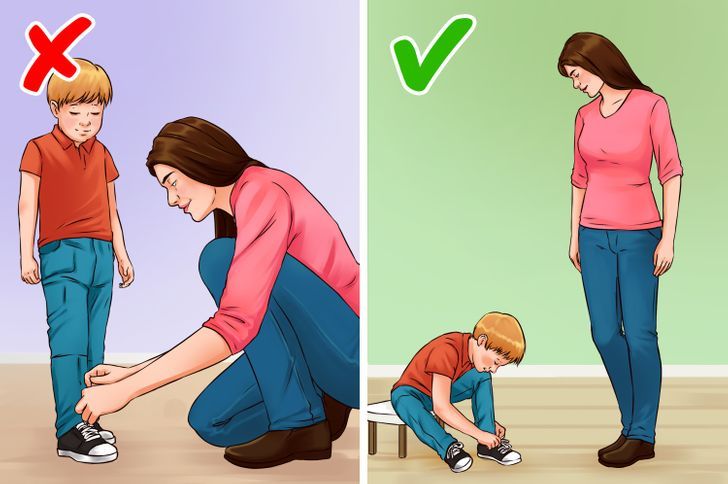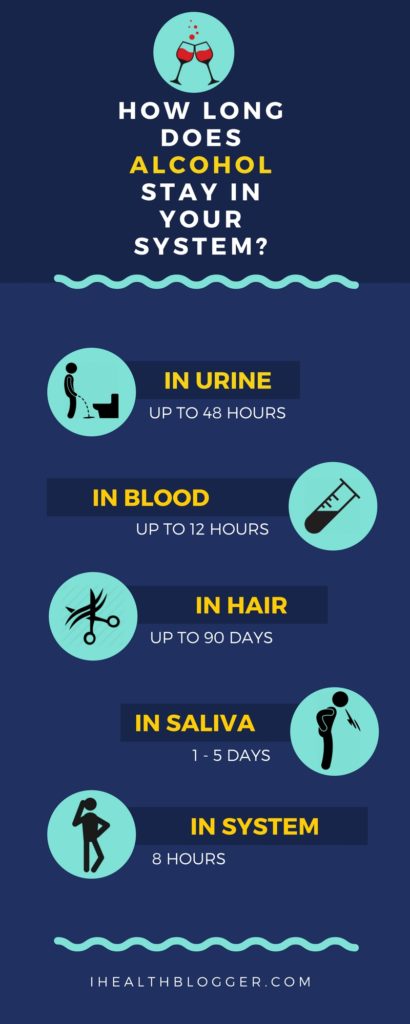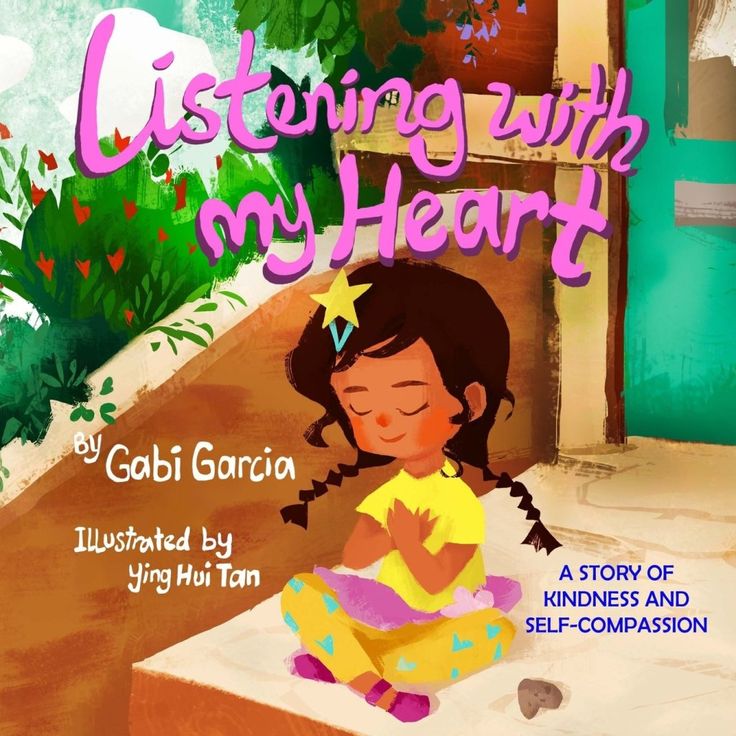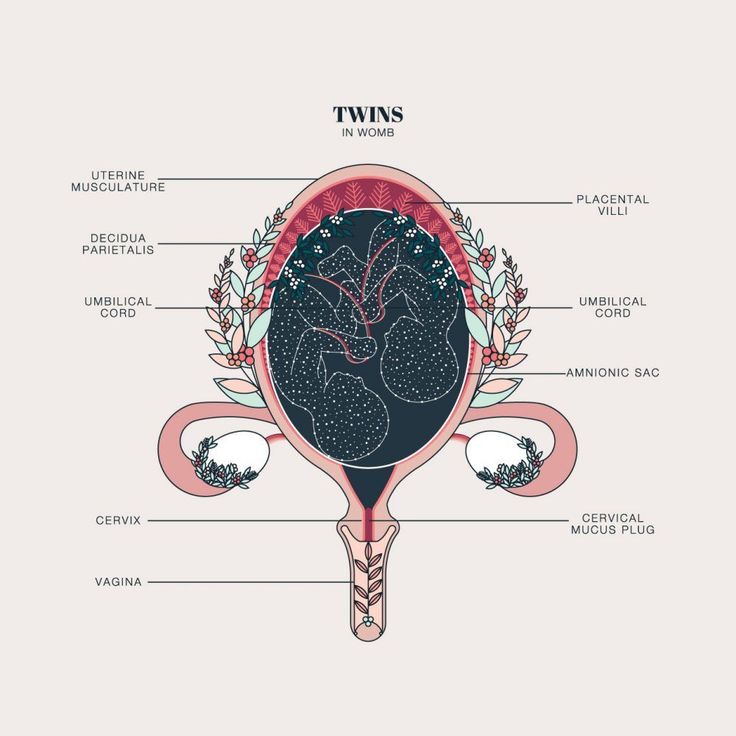How to help an immature child
Helping Kids Who Are Immature
As children grow up, the world’s expectations of them seem to change at the speed of light. Schoolwork is suddenly more challenging. Sports that were fun become more competitive and physically demanding. Activities, games, and TV shows your child and her friends loved one day are considered “babyish” the next.
All kids struggle to navigate shifting social norms and expectations of parents or teachers, but when a child matures more slowly than her peers, the changes can leave her feeling left out, embarrassed or bewildered by the things her friends are doing. Luckily, as every formerly awkward adult knows, immaturity is usually temporary, but that doesn’t mean it’s easy for kids who are in the thick of it.
“In most cases, as kids grow up, things even out,” says Rachel Busman, PsyD, a clinical psychologist. “They’re going to catch up. But the process can be hard.” Our role as parents, she explains, is to reassure kids and give them the support and scaffolding they need to make it through.
Children whose birthdays place them at the younger end of the class are more likely to be less mature than their classmates, but age isn’t the only factor, as kids mature at different paces.
In younger kids some signs of immaturity might be:
- Needing a little extra attention or help to do things her peers will do independently
- Being less physically coordinated than other children her age
- Becoming easily upset or overwhelmed or having trouble calming herself down when things don’t go her way
- Struggling to adapt to new concepts in school
- Being physically smaller or less developed than other kids her age
- Hanging back or avoiding activities that are new or challenging
As kids get older, immaturity might look like:
- Age-inappropriate interests, for example a preteen who’s still watching Paw Patrol
- Social awkwardness, discomfort with new social relationships like dating, or unsupervised group hang outs
- Rigidity or unwillingness to try new things
- Being “grossed out” by conversations about sex and sexuality
- Being less physically developed than his peers
- Difficulty adapting to new academic challenges
It’s also important to note that kids may be less mature in one area, and advanced in another. For example, a child might be at the top of her reading group but feel lost when it comes to the social complexity of middle school, even when it seems like all her friends have it figured out.
For example, a child might be at the top of her reading group but feel lost when it comes to the social complexity of middle school, even when it seems like all her friends have it figured out.
At its core, being mature isn’t about the toys kids are into, or whether they’re afraid of scary movies when their friends aren’t. The key work of growing up is acquiring a set of invisible skills called self-regulation — the ability to understand and manage emotions and impulses when they come up. Kids who struggle to self-regulate have a harder time dealing with even small setbacks and aren’t good at calming themselves down or controlling impulsive behaviors. For example:
- A child who stalks off in a huff if her friends won’t play the game she wants, bursts into tears if she doesn’t get the pink cupcake, or throws a tantrum when asked to clean her room or set the table.
- A pre-teen who smashes his video game controller when he loses, impulsively interrupts when friends or teachers are talking, or is late for everything.
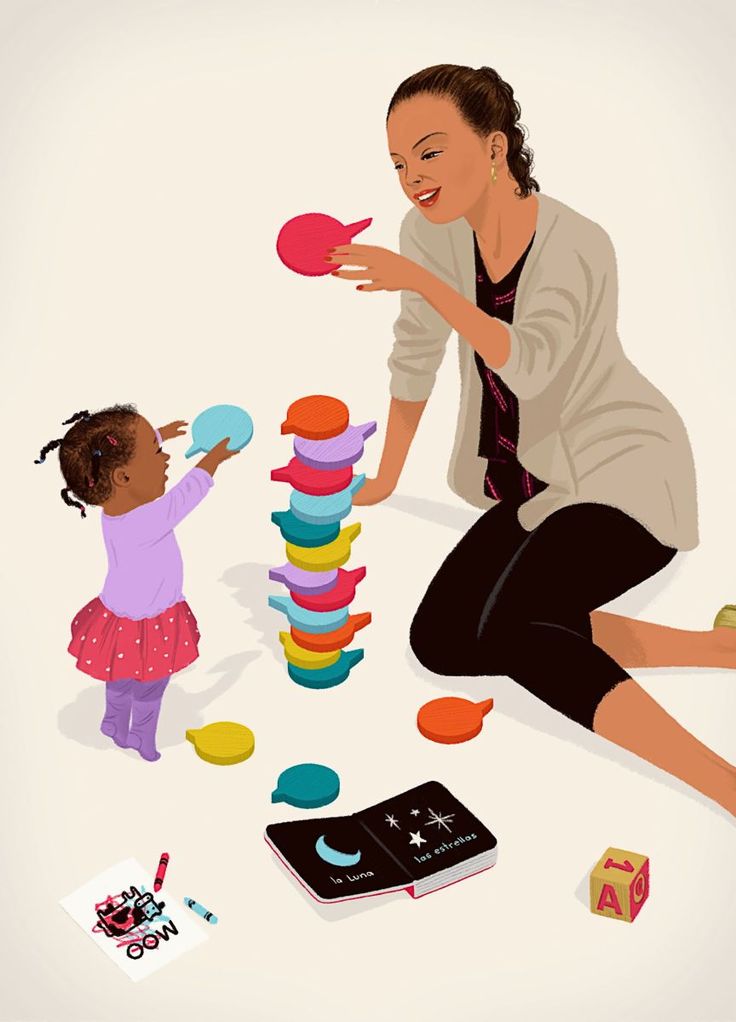
Parents can help by encouraging children to practice skills and behaviors that bolster and teach self-regulation skills.
- Talk about how he could advocate for himself if he’s in a difficult situation. For example: if a child is uncomfortable with an activity his friends are doing you could develop a script he can use to defuse the situation: “You know, that’s not my thing but you guys have fun, I’ll catch up with you afterwards.”
- Work on negotiating and being patient. For example, if a girl gets upset when her friends don’t want to play her favorite game, you might say: “I know it’s upsetting when you and Jen want to do different things. Next time, maybe you could try agreeing that you’ll play a game she chooses first, then play one you choose afterwards.”
- Practice mindfulness with your child, and model what good self-regulation looks like. For example, “I get upset sometimes, too, and it can be hard to calm down. What if we both agree to take ten deep breaths next time we start feeling angry or upset?”
As kids learn better self-regulation skills, they’ll feel more confident and capable when it comes to navigating new or difficult challenges, and be better able to make smarter (and more mature) choices for themselves.
We want our children to grow at their own speed and feel comfortable and happy and excited about the things they love. But pressure to conform to what other kids are doing can be intense. The most hazardous part of immaturity is the potential for kids to be embarrassed, teased or bullied.
So how can parents walk the line between supporting a child where she is and making sure she’s not at risk? Let your child know that liking or doing things that are different than their peers isn’t something to be ashamed of, but that they may have to be ready for other kids to not want to play. For example, if a child likes to play with dinosaurs but his friends have moved on to Fortnite, you could make a plan for how he’ll talk to them about it. For example, he could say, “I’m going to play dinosaurs now, but can we play tag together later?”
“If a child is still sucking her thumb or bringing a stuffed animal to school at an age where that’s not really appropriate anymore it isn’t the end of the world,” says Dr. Busman. “We don’t want to shame kids or shut them down by saying, “Don’t be a baby. Get your thumb out of your mouth.”
Busman. “We don’t want to shame kids or shut them down by saying, “Don’t be a baby. Get your thumb out of your mouth.”
Still, it’s helpful to warn your child that her favorite activity may not be accepted by her peers. “It’s a chance to help kids understand that some activities are really only acceptable in certain places,” Dr. Busman explains. “You might say, I know that sucking your thumb is super relaxing, but you know I haven’t seen any of the other kids doing it at school. I wonder if that means that’s something that’s just better to do at home? What do you think?”
Keep communication open
Unfortunately, no amount of planning or practice can totally ward off the potential for bullying so parents should keep their antennae up.
The best way to know what your child is dealing with is to keep an open line of communication. That may require persistence. Ask open-ended questions and give kids as many opportunities as you can to tell you what’s going on in their lives.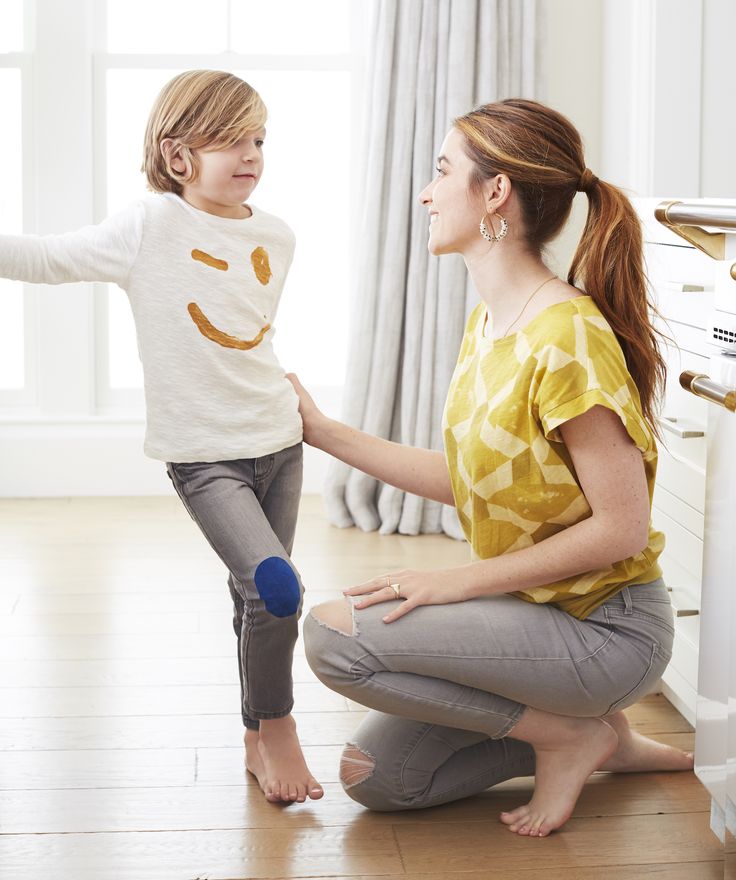 For example, if your child reports that a girl she was friends with no longer wants to play, take it as an opportunity to do some detective work. Instead of saying, “Oh, I’m sorry,” which kind of shuts the conversation down, try, “That sounds upsetting. Has anything happened or changed between you guys lately?” If she doesn’t want to answer, or simply says “I don’t know,” give her some space, but make a point of checking in again later.
For example, if your child reports that a girl she was friends with no longer wants to play, take it as an opportunity to do some detective work. Instead of saying, “Oh, I’m sorry,” which kind of shuts the conversation down, try, “That sounds upsetting. Has anything happened or changed between you guys lately?” If she doesn’t want to answer, or simply says “I don’t know,” give her some space, but make a point of checking in again later.
If you’re concerned your child’s immaturity might be causing problems for her, start by doing some research into what her universe looks like. What are other kids your child’s age listening to, reading, wearing, watching, etc.? How do they compare to your child’s interests? If you find something she might be interested in but hasn’t picked up, like a band or a tv show, try making a plan to check it out together.
And if your child has an interest her friends think is silly, find somewhere — a club or group or class — where she’s able to do it in an accepting, judgment-free space.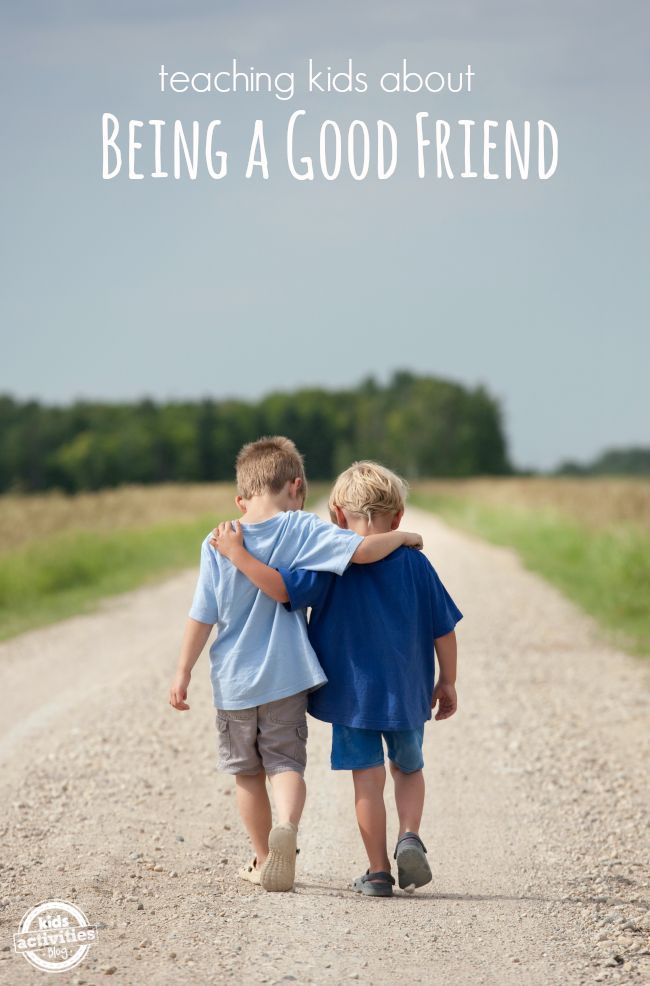
Finally, if you’re worried your child might be uncomfortable or being bullied at school, enlist her teachers or the school’s guidance counselor as an ally. “If you sense that your kid might benefit from a little extra scaffolding at school, you could ask them to keep an eye out for bullies, and to maybe help her along socially until she’s feeling more comfortable.” Even if you don’t suspect your child is being bullied it might be a good idea to schedule a check-in with your child’s teacher. He may be able to give you a better idea of the social and academic pressures she’s facing at school.
When to be concernedIn some cases, what looks like immaturity may have a different cause. Early signs of ADHD, some learning disabilities, anxiety and autism can all be mistaken for run-of-the-mill immaturity. Behaviors that seem extreme, or don’t fade as children grow, warrant a visit to your child’s pediatrician or a clinician.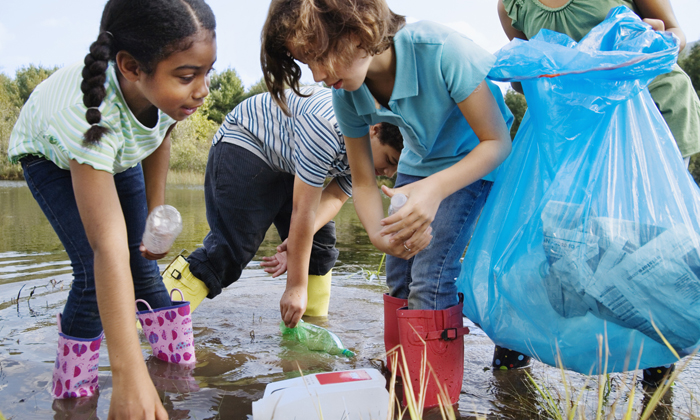
Some things to watch for include:
- Speech delays
- Significant lack of coordination that is age-inappropriate — for example, a child who has difficulty using a fork or trouble writing legibly long into grade school
- Total lack of interest in social activities
- Serious anxiety around social situations like sleepovers or parties, or trouble making or keeping friends
- Significant sleep issues that are age-inappropriate, for example a 9-year-old who struggles to sleep through the night without parental intervention
- Academic difficulties that have a significant impact on grades
- Problems with impulse control or concentration
- Tantrums or meltdowns in elementary or middle school
In most cases though, being immature is just a part of growing up, like having knobby knees or braces. Giving your child the help and support she needs to navigate it in a safe, less stressful way will help her land on her feet when she catches up and give her powerful tools to care for herself both now and when she’s “mature.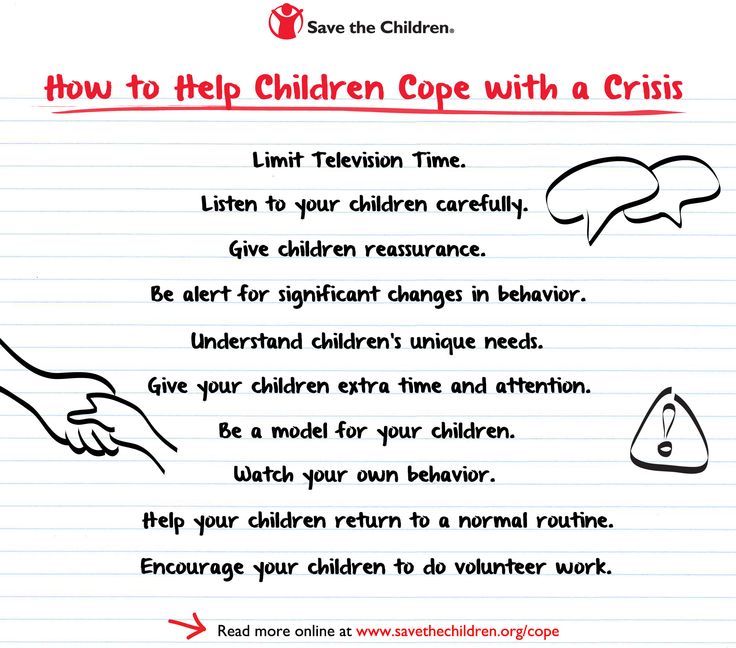 ”
”
Socially Immature Kids: Making Friends
The problem: The social maturity of children with attention deficit hyperactivity disorder (ADHD or ADD) may be a few years behind that of their peers. In addition, they have difficulty reading verbal and physical social cues, misinterpreting remarks, or not getting jokes or games. Thus, their responses and reactions are often inappropriate, and it may be difficult to make friends their own age.
The reason: ADHD is a developmental disorder in which brain maturation is delayed. The student’s development may also be uneven. Students may behave appropriately in some situations but not in others, leading some unenlightened adults to believe “they can behave when they want to.”
The obstacles: Children with ADHD are usually not aware of how immature or off-base they may seem to peers and adults. They cannot adequately read other people’s responses to their behavior. Desperate for positive attention, they may try behavior that is outrageous, funny, or negative, mistakenly believing it will gain them friends and respect. They may be ostracized by their peers and singled out by teachers, which hurts their self-esteem.
Desperate for positive attention, they may try behavior that is outrageous, funny, or negative, mistakenly believing it will gain them friends and respect. They may be ostracized by their peers and singled out by teachers, which hurts their self-esteem.
Solutions in the classroom
Understanding the developmental level of your ADHD student is critical. While a child’s academic performance may be up to par, socially he or she may lag several years behind the rest of the class.
- Do not expect the child to behave as responsibly or rationally as his classmates. Thinking of him as two or three years younger than the group will help you better understand and respond to his needs.
[Get This Free Download: 14 Ways to Help Your Child With ADHD Make Friends]
- Never embarrass or humiliate an ADHD child in your classroom for off-target social behavior. Whatever their maturity level, children with ADHD often don’t learn social skills “naturally.
 ” These skills have to be taught.
” These skills have to be taught.
- Work privately with the student to provide appropriate words and phrases to use with peers, and practice them one-on-one repeatedly. Provide opportunities for the student to work with small groups, and monitor interactions closely to minimize difficulties with peers.
- In some special-needs classes and schools, teachers post “emotion” drawings or photos on the wall, displaying a variety of facial expressions with words describing what they mean (“Angry,” “Sad,” “Surprised”). These visual reminders help ADHD students interpret situations that occur in life. The rest of the class does not have to know that the drawings are only for your ADHD students.
- Praise the child in front of peers for work that’s well done. Increased self-esteem and peer recognition can occur when a student’s special skills or talents are highlighted and shared with the group. The child will not have to resort to antics and off-target remarks to get the attention he needs.

[Click to Read: Someone to Play With – Finding Friends for My Child]
Solutions at home
Adjust your expectations to recognize that your child’s understanding and behaviors are often those of a much younger child. With this knowledge in mind, try to give your child directions or instructions that a child perhaps two years younger could understand and accomplish easily.
- Identify your child’s strengths and interests by providing opportunities to explore special gifts and talents. Expose him or her to music, various sports, art, cooking, or any other hobby that can lead to mastery and a greater sense of self.
- Be a coach to your child by role-playing and rehearsing everyday situations and appropriate responses. Exhibit appropriate behaviors yourself, and discuss with your child social situations in your own life and how you decided to respond.
- If possible, locate a social skills remediation group in your area and enroll your child so he can practice in a safe environment.

- Children with ADHD are often great playmates and babysitters to younger children. In such situations they can exercise their positive caring traits while not being threatened by peer relationships that don’t match up.
- Get involved in your child’s activities if the adults in charge don’t understand the reason for your child’s immaturity. Many parents of ADHD kids volunteer to lead Scout troops, coach Little League, or supervise community service efforts to be with their child.
[Read This Next: The Friendship Guide for Kids with ADHD (and Their Parents, Too)]
SUPPORT ADDITUDE
Thank you for reading ADDitude. To support our mission of providing ADHD education and support, please consider subscribing. Your readership and support help make our content and outreach possible. Thank you.
Previous Article Next Article
Immature or weak baby - Stair Center
A baby born before the 38th week of pregnancy is called premature.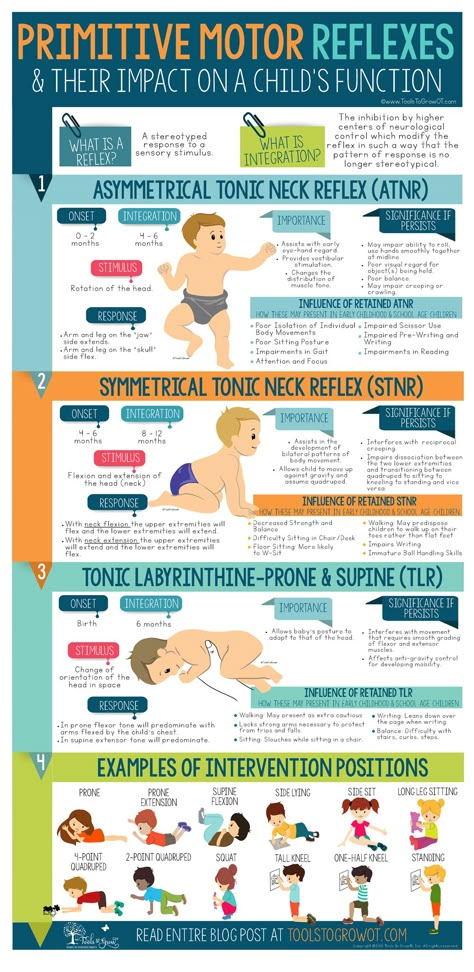 In addition, there is also the concept of "immature child".
In addition, there is also the concept of "immature child".
Most premature babies are immature babies. But there are times when premature babies are born in full accordance with the mature fetus, and vice versa.
Whether a child is mature or not is judged by how his internal organs and systems function, how the body is adapted to the conditions of independent living.
The main indicators of immaturity are distinguished:
- the child's height does not exceed 45 cm;
- weight does not exceed 2500 g;
- underdeveloped nails;
- skin with a reddish tint;
- fluff all over the body;
- auricles are soft and close to the skull;
- weak movements of arms and legs;
- weak cry;
- in girls, the genital gap is not closed with the labia;
- in boys, the testicles have not yet descended into the scrotum;
- the middle of the body is marked in the area above the navel, etc.

Consider some manifestations of an immature or weak child for each of the body systems.
Nervous system
In an immature child, the process of development and maturation of the nerve pathways is still ongoing. Since their formation has not yet been completed, the interaction of the nervous system with internal organs, tissues and other body systems is also disrupted. Therefore, the immaturity of the nervous system directly affects the imperfect functioning of the whole organism.
The immature nervous system manifests itself with various symptoms and consequences:
- The connective tissue base is not formed in the vascular walls. Therefore, the child is prone to hypoxia and the occurrence of intracranial hemorrhages.
- Since the formation of vascular fibers has not yet been completed, there is no mechanism for autoregulation of cerebral circulation.
- Due to the incomplete formation of the structures of the fetal brain, the risk of complications increases even during normal births.
 It can be spasms, hemorrhages, circulatory problems.
It can be spasms, hemorrhages, circulatory problems. - Reduced baby's motor activity and muscle tone.
- Weak innate physiological reflexes that fade quickly.
- Delayed reaction to various kinds of stimuli, which is noted by all systems of an immature organism.
- The child's movements are chaotic and inconsistent, shudders, involuntary trembling of the hands, twitching of the eyeballs, convulsive contractions of the muscles of the feet when touched are possible.
Respiratory system
The most common problem in immature or weak children is respiratory distress syndrome. It arises from the fact that the body produces surfactant (a surface substance due to which the lungs open and function normally at the first breath) in insufficient quantities due to the immaturity of the lipid metabolism system.
The syndrome of respiratory disorders is manifested by the fact that the clamped areas of the lung tissue cannot participate in the breathing process. This can lead to lung failure. In this case, artificial ventilation of the lungs is necessary until the child can breathe fully on his own.
This can lead to lung failure. In this case, artificial ventilation of the lungs is necessary until the child can breathe fully on his own.
The syndrome of respiratory disorders serves as a background for the manifestation and development of infectious diseases of the respiratory system (pneumonia). Therefore, such babies must be carefully protected from possible contact with strangers and provide reliable preventive care.
Cardiovascular system
When a child is born, his cardiovascular system changes due to changes in the structure of the heart.
In intrauterine life, the fetus needs a three-chambered heart and the presence of special openings (“oval window”) and ducts (“botallian duct”), thanks to which the blood mixes, and the fetus is not afraid of a possible lack of oxygen.
In the outer life the child is able to breathe on his own, so the holes and ducts that have become unnecessary are closed. Blood does not mix immediately after birth. The heart is rebuilt and becomes four-chambered.
The heart is rebuilt and becomes four-chambered.
In an immature child, the restructuring of the circulatory system occurs much more slowly. It is also possible to maintain and even function additional pathways for blood flow, which leads to some pathologies.
The cardiovascular system of an immature child is very sensitive to external stimuli, so care must be taken not to allow loud sounds, sudden movements, etc.
Circulatory system
The immaturity of the circulatory system affects the insufficient production of red blood cells and hemoglobin in the blood, which is the cause of early anemia that develops in the first 2 months of life.
There is a reduced concentration of vitamin K in the blood, which directly affects blood clotting.
Metabolic adaptation to the conditions of external life in an immature child is significantly reduced. Therefore, there is a high probability of a decrease in the level of sugar in the blood (hypoglycemia), oxygen (hypoxemia), an increase in the level of bilirubin (hyperbilirubinemia).
Digestive system
The immature digestive system has a number of features.
1. Immaturity of the enzyme system, in which an insufficient amount of digestive enzymes, gastric juice is produced. Even the penetration of a small amount of pathogenic bacteria into the digestive tract causes dysbiosis.
2. Poor functioning of the gastrointestinal tract, due to which there are difficulties with the intake and excretion of food.
As symptoms of immaturity of the digestive system and, in particular, the gastrointestinal tract, the following stand out:
- frequent regurgitation;
- gastric distension with excess food or air intrusion;
- slow emptying of stomach contents;
- high viscosity of feces.
3. Inadequate liver function, which leads to an increased risk of prolonged jaundice. Bleeding also increases due to low prothrombin levels.
4. Intestinal dysfunction. As a result, flatulence is manifested, which disrupts the normal ventilation of the lungs.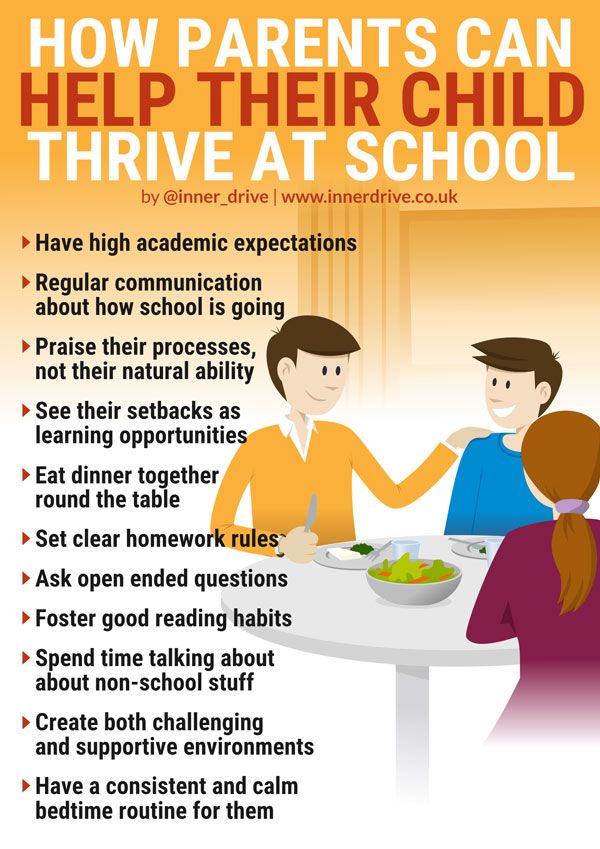 Due to the thin walls of the intestines, microbes and toxins enter the bloodstream, which are located in the intestines and cause pathological conditions in the body.
Due to the thin walls of the intestines, microbes and toxins enter the bloodstream, which are located in the intestines and cause pathological conditions in the body.
5. Low production of bile acids, pancreatic and intestinal enzymes, insufficient activity of gastric juice leads to complication of food digestion and absorption of useful trace elements. Dysbacteriosis is also noted.
Despite the immaturity of the digestive system, rennet is still produced in the gastric juice, which curdles breast milk. Therefore, for an immature child, breastfeeding and maintaining lactation in the mother is very important. Breast milk serves as a barrier and protection for the baby's weak body from aggressive environmental influences.
Breastfeeding is one of the main conditions for the successful nursing of an immature child.
Skeletal system
The skeletal system of an immature child is most often formed. Only the mineralization of bones is insufficient, which is replenished by the use of calcium preparations as prescribed by the doctor.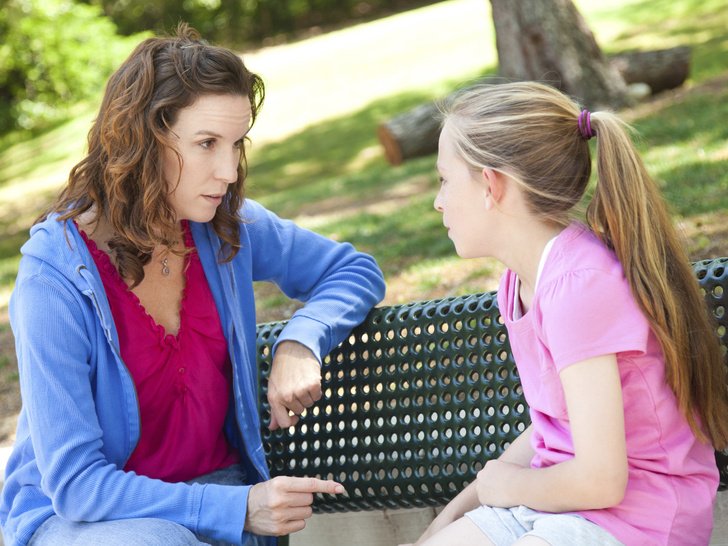
If an immature baby is also born prematurely, then he has a lack of vitamin D, which is responsible for the strength and hardness of bones. With its deficiency, rickets, changes in the pelvic bones, including hip dysplasia, are noted.
Hip dysplasia with untimely detection and treatment has a number of unpleasant and dangerous consequences: the child is likely to have dislocations and subluxations, as well as the risk of being unable to move independently.
Endocrine system
For the most part, the endocrine system in an immature child is genetically dependent on the presence of certain disorders of the endocrine system in the mother.
Most often, the functioning of the endocrine glands has certain difficulties, a manifestation of transient hypothyroidism is possible. It is manifested by an excessive concentration of TSH in the blood.
Genitourinary system
The water-mineral metabolism of an immature child is unstable, so both edema and dehydration may be noted.
There are early edema that developed in the womb or immediately after birth, and late edema, which manifests itself after a few weeks of life.
The occurrence of edema depends on the method of feeding the child, the presence of diseases and the level of protein contained in the blood.
Immune system
Despite the immaturity of the body of a weak child, the immune system works and reacts to the manifestation of foreign microorganisms. The difficulty lies in the fact that the reaction can be ambiguous: in some cases it can manifest itself sharply and violently, in others it can be inhibited.
In the future, in immature children, allergic reactions of the body to various factors are often detected, diathesis manifests itself.
Mucous membranes are not adequately protected, so pathogenic bacteria easily damage them upon penetration and cause local infection.
Thermoregulation system
Depending on the conditions and ambient temperature, the body of an immature child cools or overheats. This is due to the imperfection of the mechanisms of heat exchange regulation, which are formed in the hypothalamus, and other anatomical and physiological features of such babies, for example, underdevelopment of the sweat glands.
This is due to the imperfection of the mechanisms of heat exchange regulation, which are formed in the hypothalamus, and other anatomical and physiological features of such babies, for example, underdevelopment of the sweat glands.
Hearing
A child's hearing develops long before birth. However, there may be problems that appear at birth and even after some time.
Half of the hearing problems are due to heredity.
Some of the problems that have arisen depend on the mother's illnesses during pregnancy (meningitis, measles, mumps are especially dangerous), drug treatment with drugs that are potentially dangerous to the fetus, and maintaining a healthy lifestyle.
Hearing may also be impaired in a newborn in the presence of a congenital viral infection, inflammation of the membranes of the brain (meningitis), a high concentration of bilirubin in the blood, with prolonged artificial ventilation of the lungs.
Vision
In immature children, eye diseases are characterized by retinopathy. It occurs due to a violation of the development of the light-sensitive area of \u200b\u200bthe eye - the retina. A severe form of the disease can cause complete loss of vision.
It occurs due to a violation of the development of the light-sensitive area of \u200b\u200bthe eye - the retina. A severe form of the disease can cause complete loss of vision.
When born prematurely, the child has not yet completed the formation of the vascular system of the retina of the eyeball. It ends by the end of the 40th week of pregnancy. Thus, the earlier a child is born, the greater the problems with vision can be and the more serious retinopathy develops.
Retinopathy is manifested mainly by the cessation of the normal formation of retinal vessels and their germination directly into the vitreous body inside the eye. As a result, a new connective tissue is formed on the other side of the lens, which stretches and exfoliates the retina.
In an immature and premature baby, retinopathy causes serious complications:
- glaucoma;
- cellular detachment;
- myopia, or myopia;
- strabismus;
- cataracts, etc.

Help for an immature child
All children are different, so in some babies the main body systems mature on their own without special treatment, in others the symptoms may linger for a long time and require careful monitoring by doctors.
It is very important at the first stage to cure or restore the somatic state of the baby, to bring the body back to normal functioning. And already at further stages, it is necessary to engage in rehabilitation.
Parents, for their part, can help their child by strictly following all medical instructions, attention and care, developing motor exercises, massages and special care.
How to discipline a psychologically immature child
It is impossible to influence a child who is unable to influence himself. It is impossible to control a person who does not control himself. Therefore, discipline, or the establishment of boundaries, compliance with the framework in relation to a psychologically immature person (and children are psychologically immature by default) occurs as if bypassing. It is impossible to act directly without affecting the psychological and emotional development and without spoiling the relationship.
It is impossible to act directly without affecting the psychological and emotional development and without spoiling the relationship.
Minimize punishments and sanctions as they tend to make the child closed, callous and complicate the situation. Consequences can work well for children and adults who understand these consequences. That is, a person must be mature enough to see ahead, to assume: these specific actions of mine will lead to specific results.
A young child does not have this understanding, life just happens to him. So he broke a cup, and then suddenly my mother starts screaming, punishing, taking away and not giving him more milk. There is no understanding of the consequences (“I did something and something else will follow”), so we try to minimize the use of sanctions. Threats not to give milk, sweets, not to let him go for a walk, the child perceives as a statement that his mother does not love him, his mother wants to harm him. Sanctions undermine the relationship with the child, so they should be avoided.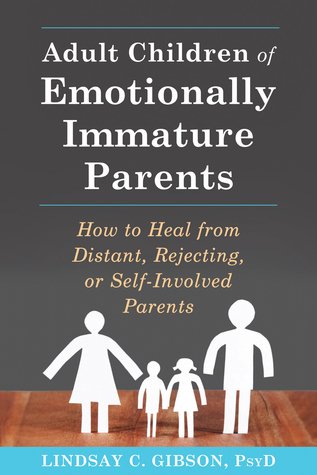
If you know that your child is starting to overflow after half an hour with this boy on the playground, then let them play very well for 25 minutes, and then an adult takes responsibility, compensates for the immaturity of the child and distracts him: "Oh, now let's go and ride over there on the swing."
Or you hear in the next room that nervous notes are growing among your children in conversation, because one does not give the other pencils, and everything is about to turn into a scandal. Don't wait for the fight, compensate, go and divert attention to something else, switch them.
The child cannot control himself in this situation, and we cannot control him. We cannot say: “That's it, I warned you, behave yourself, and I will go about my business.” That is, of course, we can say, but they are not able to behave well.
Know your child, anticipate him. Try to compensate for the circumstances, designate those in which he simply cannot cope. As, for example, with a six-month-old child: we don’t give him a sharp knife in his hands, but put it somewhere far away, we hide matches from children, we put pills and chemicals on the shelf higher, and we don’t just follow the child on the heels, forbidding him to climb into some kind of jar.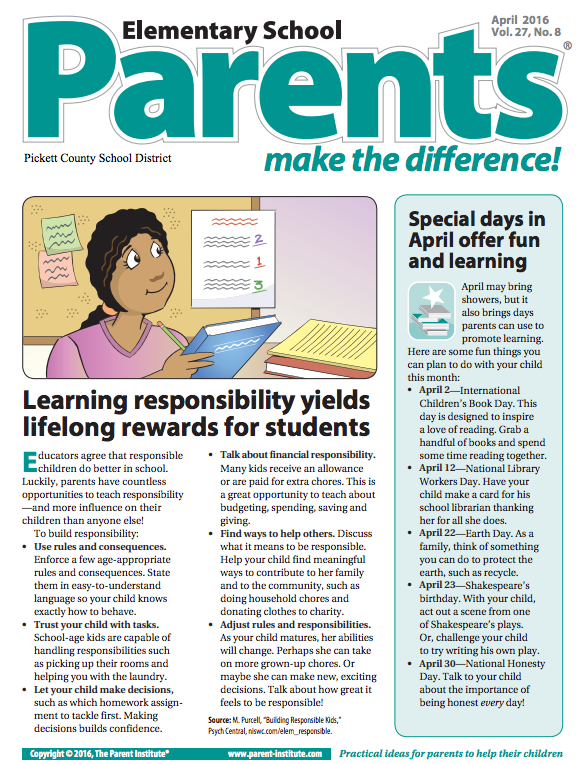 We do not tell him that if you drink it, you can die, or rather, we say, but we do not really expect that it will work.
We do not tell him that if you drink it, you can die, or rather, we say, but we do not really expect that it will work.
We understand that this is not the case with a child, and so is everything else: watch the circumstances, orchestrate the context, set the rules, organize the space and conditions so that the child does not get into problems, so that you do not have to say “no” or call him to order.
With young children, it is very important that there is some sort of routine, set procedure. For example, in the evening we take a bath, brush our teeth, read a book, fall asleep, all this is done at the same time every day. Routines, rituals, structure are of great importance. All this helps the child not to argue (to accept what is happening), just as we do not argue with the sunrise or sunset. We know that every day begins with sunrise and ends with sunset, and it doesn't occur to us to resist it. Therefore, structures, routines, rituals help the child to accept the way things have always been.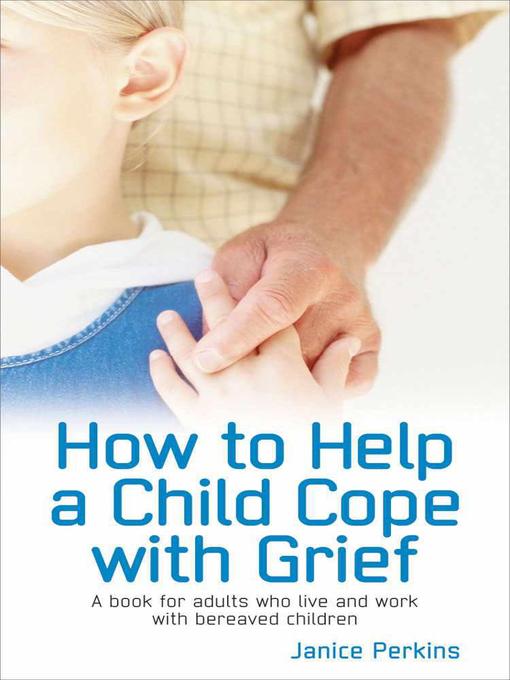
This is very important - children's perception channel is very narrow. In children under 5-7 years old, the brain structures are not even ready to process two signals at the same time. If the child's attention is directed to something else, then he can no longer perceive you at this moment. He either plays with a toy or listens to you.
If a child plays with his father, he often says - "Mom, go away, don't bother us." If he plays with a typewriter, and you shout something to him from the kitchen, he simply does not hear you. So if you need to give some direction to a small child, first grab his attention. "Small" here is a relative term, we are looking at psychological maturity, and a fourteen year old can be small, especially if they are adopted children. Even your husband can be "small" in this sense.
Capture is a specific term, it means tuning into one wave. Make sure you can be heard and seen before giving instructions.
How to do it - for example, a child is playing with a typewriter, you approached him, sat on the floor, appeared on the same side with him, asked what he was playing, talked, carefully turned your attention to yourself, hugged, kissed. Then you can say: "Well, let's go eat, dinner is ready." But first we made sure that the child hears and sees you. This is very important - make sure that the child is attuned to you (especially if he is small) more often, and not just when you give him instructions.
Then you can say: "Well, let's go eat, dinner is ready." But first we made sure that the child hears and sees you. This is very important - make sure that the child is attuned to you (especially if he is small) more often, and not just when you give him instructions.
Relatively speaking, this is a manipulative technique, the so-called matchmaking - eyes, a smile, a nod. We smile, nod and say: “Great weather, right? Beautiful car. What a wonderful suitcase you have. Why don't you buy from me a very necessary thing for your car, a polishing cloth for $ 30? Look, it will fit perfectly in your car.
This is how we capture attention – through the eyes, the smile, the nod. And in general, we smile at children more often. And certainly this must be done before we give instructions. Write it down somewhere for yourself, tie a knot for yourself as a keepsake: before giving any instructions, grab the attention of the child, make sure that he hears and sees you. Even if you are sure that he will hear you anyway, because you are screaming very loudly from the next room.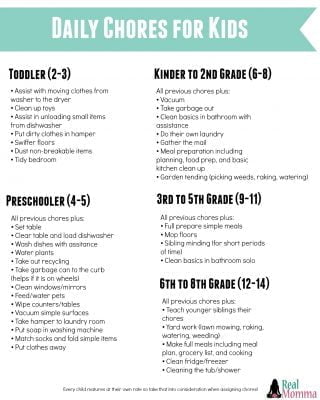
Direct behavior that would come naturally with greater maturity. Directing behavior is the same as directing in theatre. There is, suppose, the need to play a play in which the characters are adults and very mature. Hamlet, for example, or King Lear. The director has two ways - to wait for an actor who will someday psychologically mature to the level of the hero of the play (but directors usually don’t do that!) or to do otherwise. They take a young actor and tell him: “Put this on, do this, say this, don’t go here, go here, don’t do this, but do this.” And young enough, no matter what degree of maturity, the actor looks quite mature on stage and plays his role quite successfully.
We do exactly the same directing with the children: look, we pet the kitten like this, and when we come to the grandmother, we need to look into her eyes, smile and make a curtsy (for example). If you are playing on the court and you suddenly feel like you want to hit someone, run to me and tell me about it. Try not to hit anyone, but if you notice or feel that your fists are clenching, then come and tell me about it. “Mom, my fists are no longer obeying me. "Baby, I'll do something with your fists."
Try not to hit anyone, but if you notice or feel that your fists are clenching, then come and tell me about it. “Mom, my fists are no longer obeying me. "Baby, I'll do something with your fists."
In this way, we explain to the child how to behave, while in some situations he can behave quite well himself, but the main thing here is not to forget that immaturity has not gone anywhere, we just staged the behavior successfully.
If you meet your friend and her child on the playground, you explain to your child (and she to hers) that we do not pour sand on anyone's head and that we do not hit each other with a shovel. And here the children are playing peacefully for some time. Then something happens, for example, one of them crushes a sand cake made by another, they have a stone and a stick under their hands, and they use both, because the mothers did not say anything about the stone and the stick. The child does not see, does not understand the context, the words “behave well” mean nothing to him.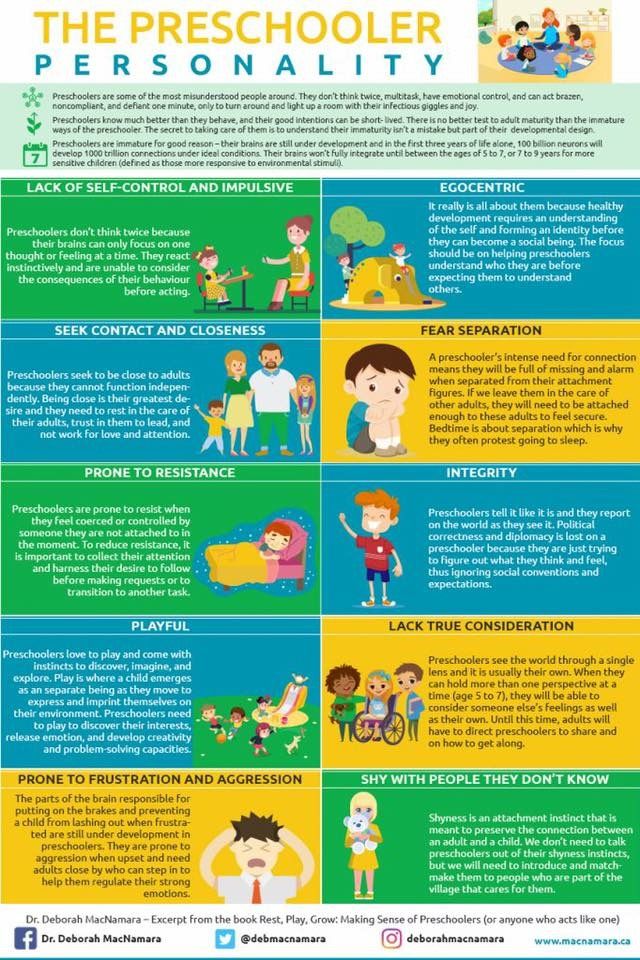 So, you need to direct it, designate in detail how to behave, stipulate: you can do this and that, but you can’t do this and that.
So, you need to direct it, designate in detail how to behave, stipulate: you can do this and that, but you can’t do this and that.
This goes hand in hand with directing. Here, the younger sister should be held on the handles like this; If you want to touch her, then you can do it like this. We wear a kitten like this, and we stroke it like this. That is, we show what is right, what works. “Oh, how well you did to put the plates on the table, how well you did to clean the floor.” We show what works. "It's great that you thought to wring out the rag, and not just take it out of the bucket and smear the water on the floor."
It is very important for a child to realize that he succeeded, that he is correct, good, that he tried to do something, and he succeeded. In general, we support the good intentions of the child. He often cannot realize, withstand, observe them, but at least he can work with them.
You stand on the side of the child, on the side of this intention, and together overcome difficulties. You can say: “Well, we agreed, and you told me that you would do your homework on your own every day, without interruptions.” If there is this consent, intention on the part of the child, then you can sit down with him and think about how you can make sure that he does not forget to do them.
You can say: “Well, we agreed, and you told me that you would do your homework on your own every day, without interruptions.” If there is this consent, intention on the part of the child, then you can sit down with him and think about how you can make sure that he does not forget to do them.
He may need to be reminded or helped. Think about it together. But if there is no intention, then nothing can be done about it.
It must be remembered that babies are not able to work. What does it mean? Work is some action that you do for the sake of a result. The game is the actions that you do for the sake of the process. That is, in the game, the result can also be quite important, but the process is more important.
The importance of the game is now noted in many scientific anthropological works, neuroscientists study it very actively. The game allows us to make the child happy to eat these peas, clean his room, brush his teeth, go to bed and lie quietly, like a mouse, because the sister is sleeping, and we will play with the mouse so as not to wake her up.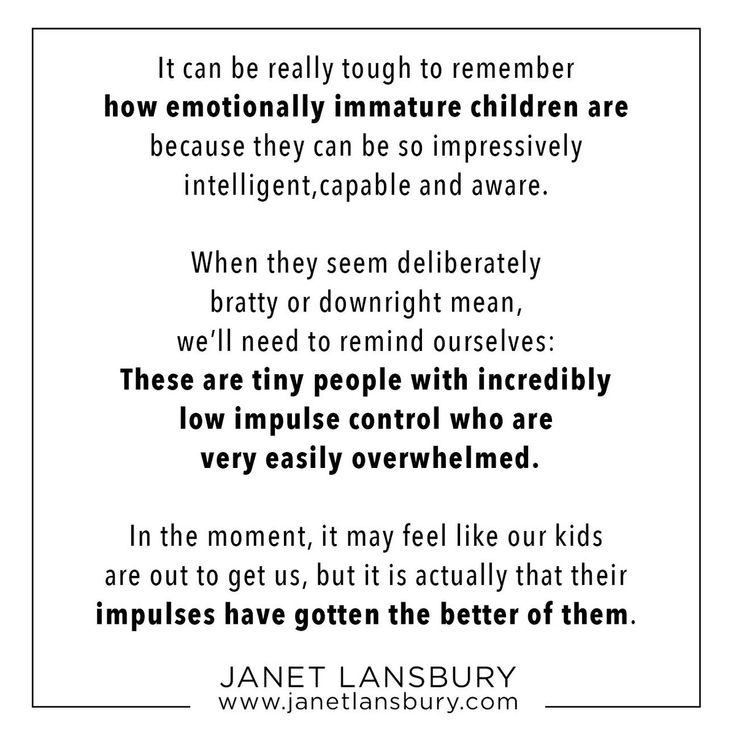
For the sake of play, a child may agree to voluntarily do many things that he does not want to do without play or will do them with a cry.
If the focus is "Well, let's get dressed and let's go outside!" - it must be remembered that for a child the process is more important than the result. Due to his psychological development, he still cannot keep a perspective in his head. If now he does not want to dress, then for the sake of a walk he will not do this. Very often, parents complain that the child is difficult and long to get dressed on the street, and then runs around there joyfully for two hours. Or we go somewhere to the park, or to the playground - the child will fray all the nerves until we get there, and then does not want to leave from there.
The reason is that current affairs are more important for a child – it is difficult for him to distract himself from some of his childhood affairs, the process of dressing is difficult for him, it can be cold, unpleasant, bad weather outside.